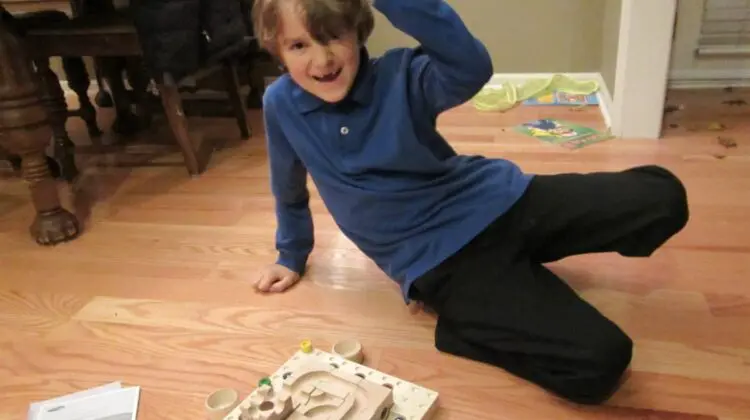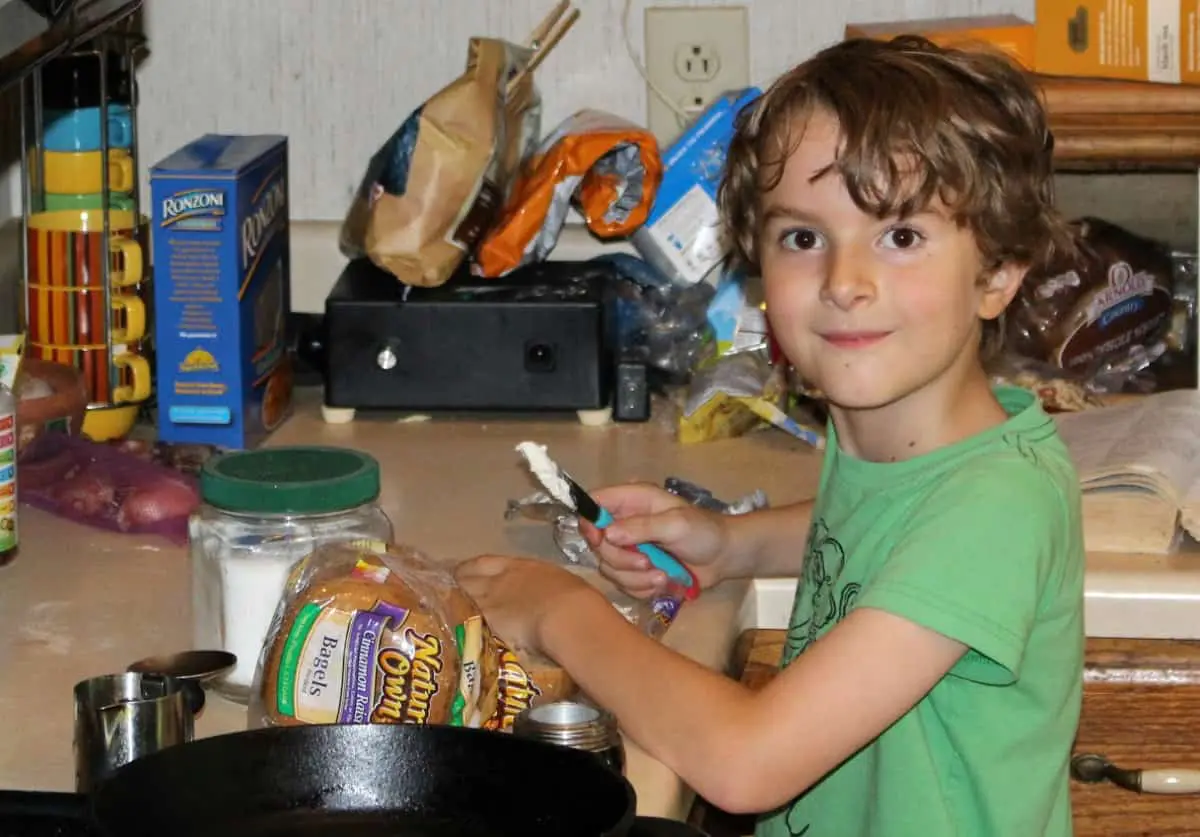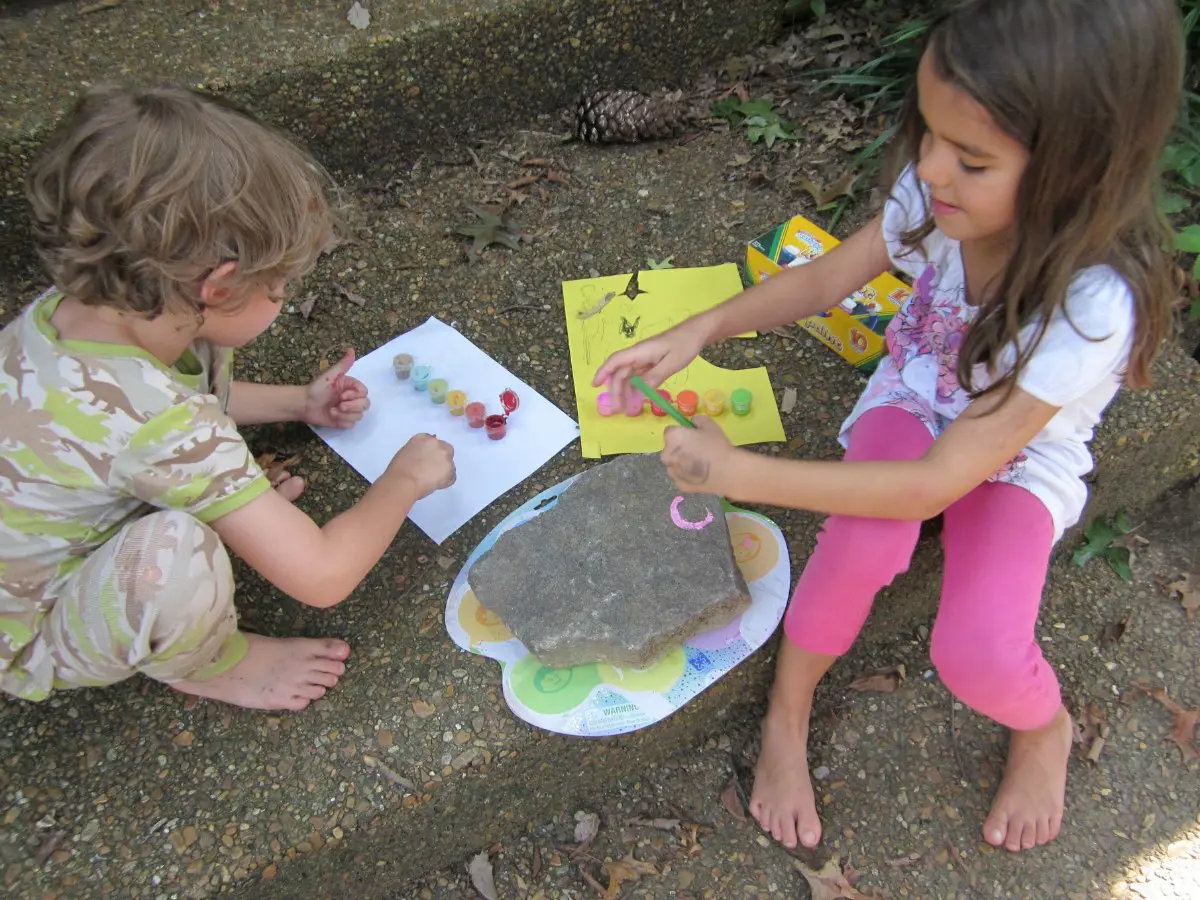Playtime is fun time but it is also learning time that improves cognitive skills and intellectual development. In fact, cognitive development through play comes easily and naturally to kids as they interact with the world around them. Not only do kids learn through play but fostering playtime also creates a love of learning. If you […]
child development
Encouraging Independence In Toddlers
According to Psychology Today, one of a parent’s biggest responsibilities is to teach your child independence. While your child will not fully be independent until they reach adulthood, it is important to ensure your child learns how to do things on their own as they develop. This should be an easy process if you support […]
Baby And Toddler Milestones Guide
Today I’m going to talk about a more serious topic: child developmental milestones and delays. We all want our young ones to grow up strong and healthy. But what about those times when we are noticing our child isn’t meeting toddler milestones or isn’t as far a long as his/her classmates? What are some of […]
Why Is Cursive Important? (Even In A Digital Age)
Public schools are starting to remove cursive writing from their curriculum. Typing is being pushed earlier instead. The argument is that cursive is becoming an obsolete skill. With all the added pressures of standardized testing, administrators claim there just isn’t time to teach the practice. These decisions are made to keep up with growing technology. […]
How To Improve Social Skills For Toddlers
As parents, we all want our children to be happy and to interact well with other children and adults. We can all see the importance of strong social skills for toddlers. It aid in the ability of the child to play well with others and to perform well in school. That is why I am happy […]





